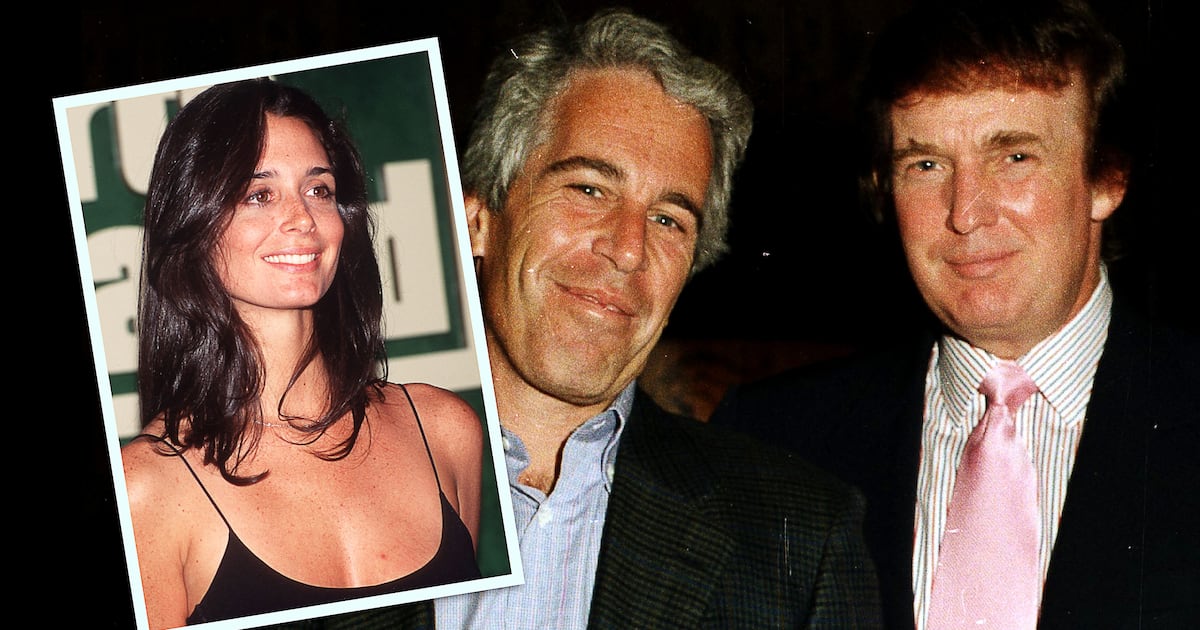
When I entered the business world in the early ‘80s, I never would have predicted that Big Pharma would replace Big Tobacco as the emblem of corporate evil. Back then, drug makers were thought of as scientific boutiques with redeeming social value.
But the time may soon come when working for Big Pharma feels like a cross between working for Philip Morris and the electric company, or some other sharply-regulated public utility. As the Democrats chart their transition to power, with a mandate to reform the healthcare industry, drug companies are planning their own transition to being quarry.
In the immediate future, there will be no political downside to attacking drug companies. They have fallen into the villain void that was created after the massive class action suits against tobacco companies were settled in the 1990s, following a steady drumbeat of awful revelations about how they had hid the risks of their product.
ADVERTISEMENT
As the Democrats chart their transition to power, drug companies are planning their own transition to being quarry.
The narrative template—Congressional hearings, telltale memos, plaintiff’s lawyers with private jets, telegenic victims—was established; a new corporate villain was needed.
For a while, the target was breast implant manufacturers, but Big Breast lacked both the economic punch and the villain value of Big Tobacco. Big Oil was a reliable Snidely Whiplash, but fossil fuels had been hated for so long that it was hard to rally a posse in the absence of new revelations.
Finance companies, of course, will remain tempting quarry, as will the food and beverage companies ostensibly scheming to make us fat and drunk. But no industry is more directly in the path of the hurricane than pharmaceuticals.
Over the past twenty years, two storm systems gathered momentum around the drug industry and then collided. The first system included the ions of staggering profits, skyrocketing healthcare costs and greater cultural visibility. Thanks in part to “direct to consumer” advertisements, the public became aware of new treatments for once-private problems like erectile dysfuntion and incontinence, while they also read media accounts of some disastrous new products such as Fen-phen. While there are far more good drugs than bad ones, archetypal calamities capture public sentiment the same way that the crash of TWA Flight 800 has greater popular resonance than another safe landing at LaGuardia.
The second climatological phenomenon is the creeping belief that good health is an entitlement and, contrarily, ill health is somehow due to negligence or corruption on somebody’s part, presumably somebody with billions of dollars.
Justifying blockbuster pharma revenues on the grounds that companies need big money for research and development, while largely true, is a non-starter in a culture that is oblivious to basic economics and equates big money with thievery—particularly if the same product is cheaper in Canada.
The collision of these weather patterns is perhaps best exemplified by the 1994 film, The Fugitive, where the shadowy one-armed man who kills Dr. Richard Kimble’s wife does so at the behest of a huge pharmaceutical company seeking to cover up fabricated data. Similarly, John Le Carre’s 2001 novel, The Constant Gardner, which was made into a 2005 film, featured as its villain a big drug company that used the African continent a lethal test laboratory.
As you read this, nastygrams from Members of Congress are landing on the desks of drug company executives demanding their confidential files and emails. Some of these documents will find their way to the trial bar, the New York Times, ABC’s 20/20 and “public interest” groups. Internal memos will soon surface that contain purportedly telltale excerpts where a researcher red flags a potential side-effect of some wonder drug.
Never mind that even the best drugs have flaws: When the Big Pharma CEO is being grilled by a furious senator, the subtext shall be willful malfeasance.
Despite the well-meaning, but mostly insipid, calls for “meaningful dialogue” and “post-partisanship,” the political system doesn’t work that way. The harsh truth is that any injury to a drug company will likely be deemed a “solution.”
Drug—and other healthcare—companies must do a far better job than they have so far of bringing prospective solutions to the table, as opposed to just mobilizing political muscle to spike hostile legislation. They need to put forth the “carrot” of compromise – indeed some drug companies have been known to make their products available at deep discounts (or for free) in developing countries—and the “stick” of pushback.
Presently, the very same political operatives who a few years ago were making furtive references to their relationship with Karl Rove are frantically calling prospective drug company clients to sing the Hymn of Obama. At the moment, the voices of strategists preaching the drug-companies-are-your-friend line are being heard most loudly, but a more muscular approach is flexing beneath the surface.
That approach will entail painting a vivid public picture of what might happen if healthcare companies are savaged too extremely: less choice, fewer treatments, lousy access to good doctors, delays for important surgical procedures and treatments, and the abandonment of American innovation and healthcare preeminence. Blaming Democrats would be a foolish abstraction; rather, specific legislators will need to feel political risk. A reincarnation of the legendary “Harry and Louise” advertising campaign in opposition to Hillary Clinton’s healthcare plan may be in the offing.
No matter what reforms are proposed for the healthcare system, there will surely be an undercurrent of wealth redistribution—from Big Pharma to the little guy. Years ago, after a client lost a health-related product liability court case, the jury was polled, and one juror offered this chilling explanation for her pro-plaintiff vote: “I don’t know if that product caused that woman’s health problems, but think about how much that award will do for her family.”
Eric Dezenhall co-founded the high-stakes communications firm Dezenhall Resources, Ltd., and serves as its CEO. Eric's first book, Nail 'em!: Confronting High-Profile Attacks on Celebrities and Business, pioneered techniques for understanding and defusing crises.




